Discover 20+ styles of 3D modeling ranging from good old sub-d modeling to a neural network-aided design.
Warning die hard Blender fans (like us!) – not everything is Blender related.
If someone stops you on the street and asks you what is 3D modeling, what would you say? I bet the first thing that comes to mind is the standard poly modeling toolset: extrude, inset, subdivide and so on. Maybe also boolean operations. But how about the other 20+ styles? Let’s name most of them in under 20 minutes. Think we’ve missed any? Please add them in the comments!
This is a bonus tutorial from Hard-surface Modeling in Blender video course. If you liked this tutorial, check the full course on BlenderMarket or Gumroad.
Tutorial Highlights:
1a. Sculpting
Shaping your digital lump of clay in a free-form way using various 3D brushes.

1b. Sculpting with Dynamic Topology
Same as regular sculpting, but with extra polygons created under the brush stroke i.e. dynamically adding what you need where you need it to get out of the ‘not-enough-polygons’ situations.

1c. Sculpting with Masks
Using 2D stencils to inform the strength of the sculpting strokes.

2. Subd Modeling
Subdivision modeling is characterized by manipulating the low poly cage that gets subdivided into the high poly final mesh.

3. Boolean Operations
Logical operations of adding, subtracting and intersecting two objects to create the third object as a result.

4. Metaballs
Metaballs are objects that interact to produce a liquid-like surface.

5. Drawing 2D Shapes in Orthographic Projection
Drawing two-dimensional shapes using vertices, edges and faces.

6. Shape Extraction
Extracting an area of the mesh or using an object as a scaffolding to build a new surface.
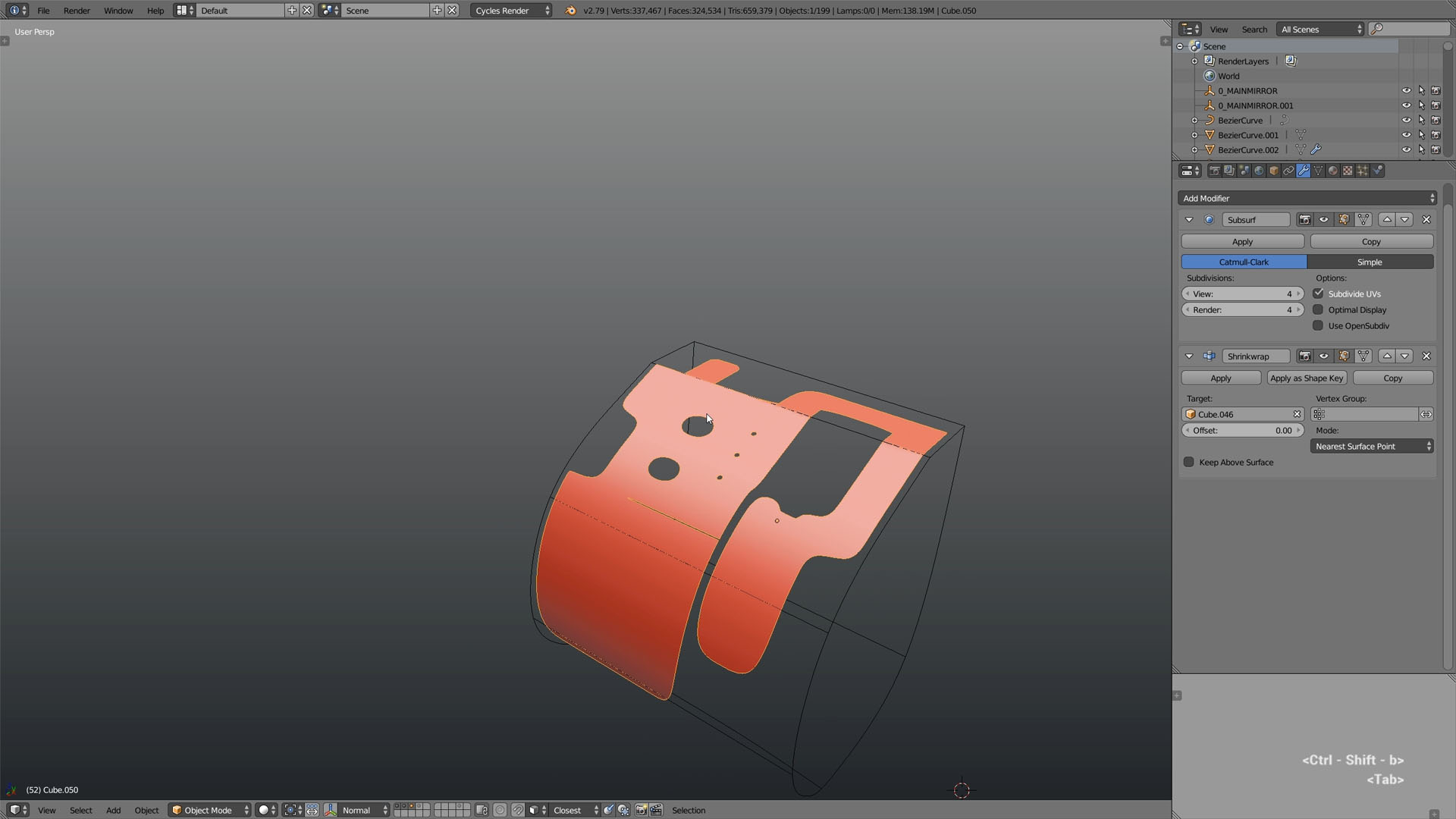

7a. Spline Modifiers – Fill
Turning bezier curves into renderable objects by giving some thickness to them.
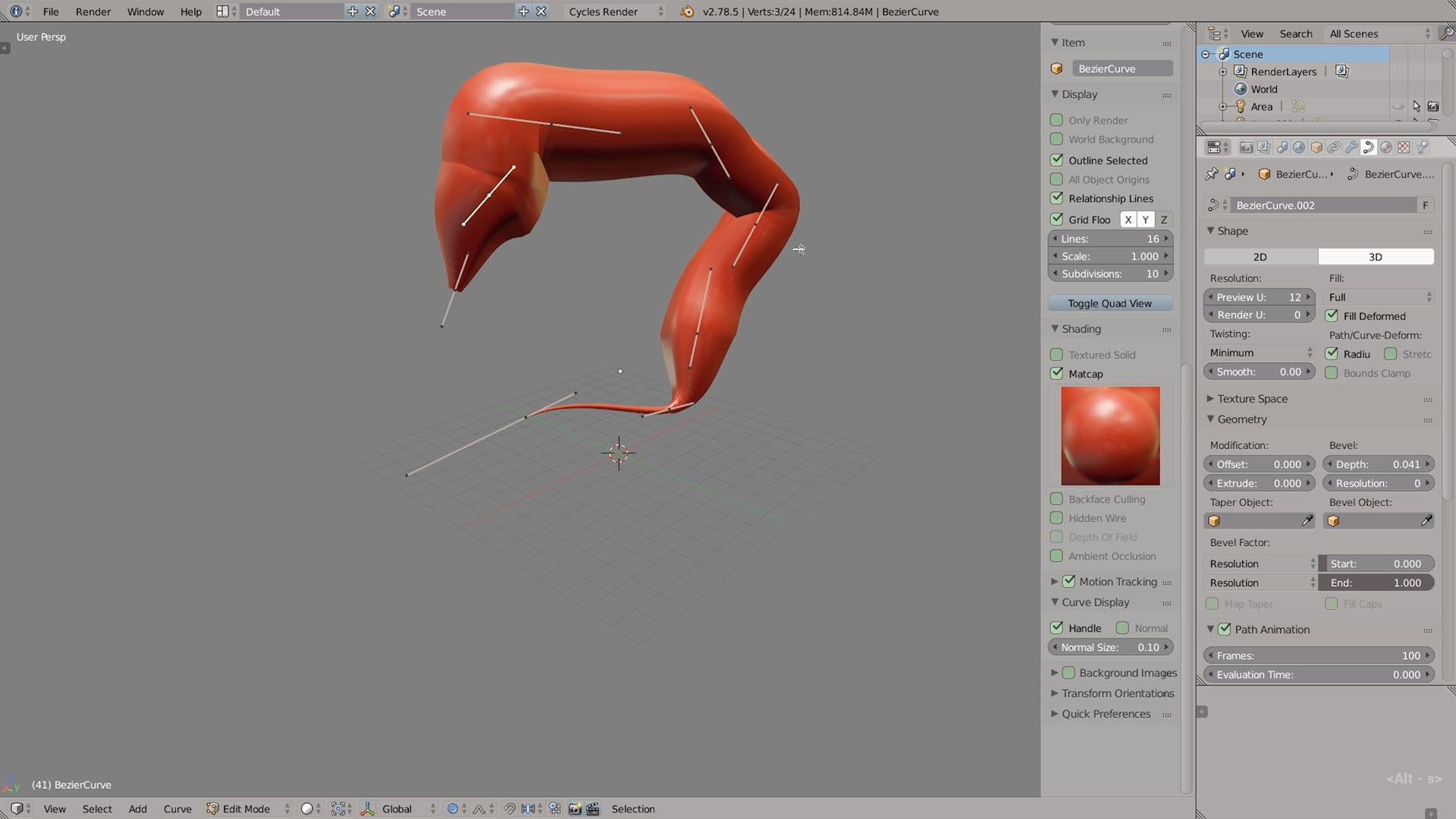
7b. Spline Modifiers – Screw
Revolving a spline to create a 3D surface.

7c. Spline Modifiers – Curve
Using a spline to deform a mesh.
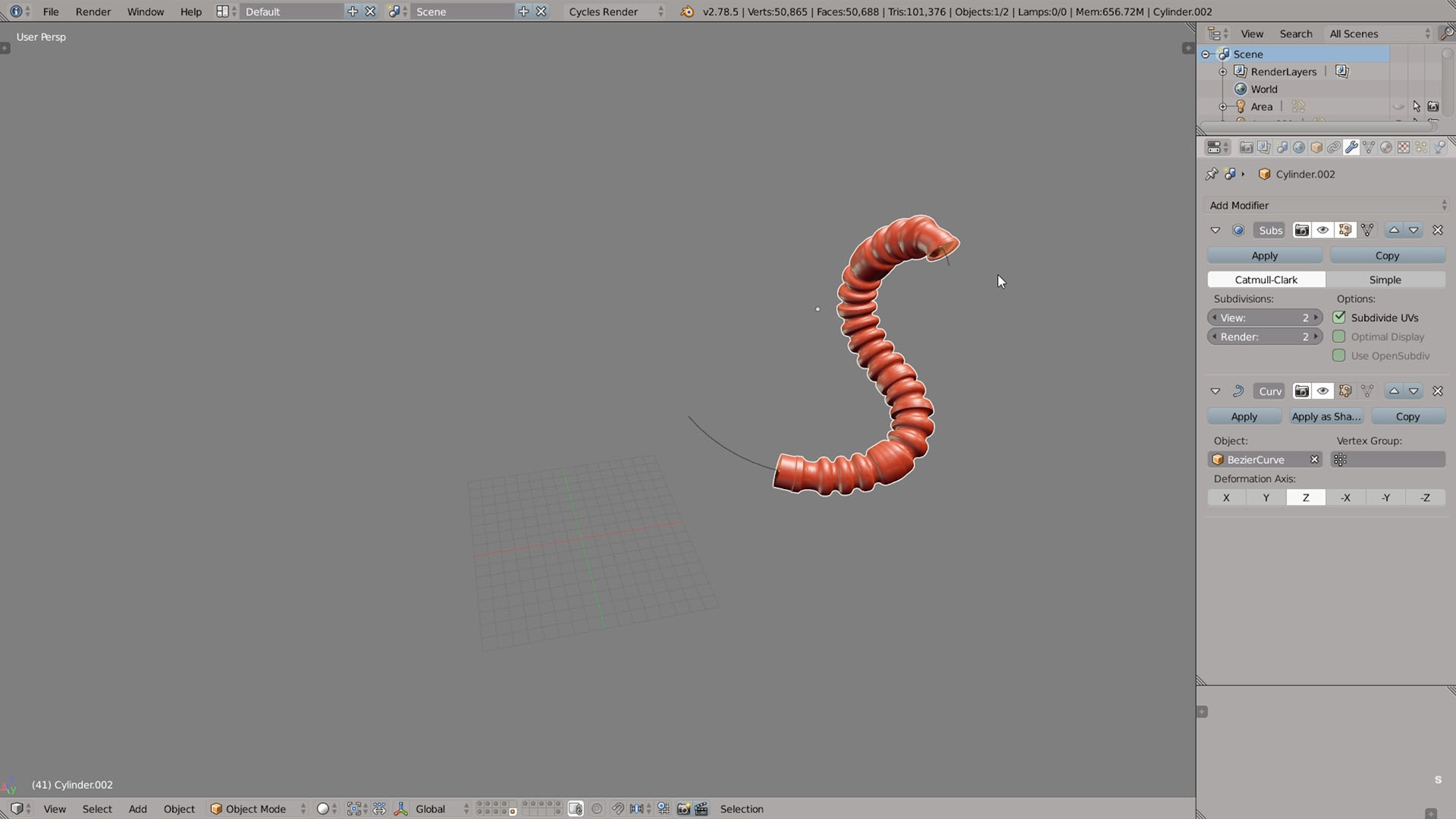
7d. Spline Modifiers – Skin
Skinning splines while retaining the skeleton.
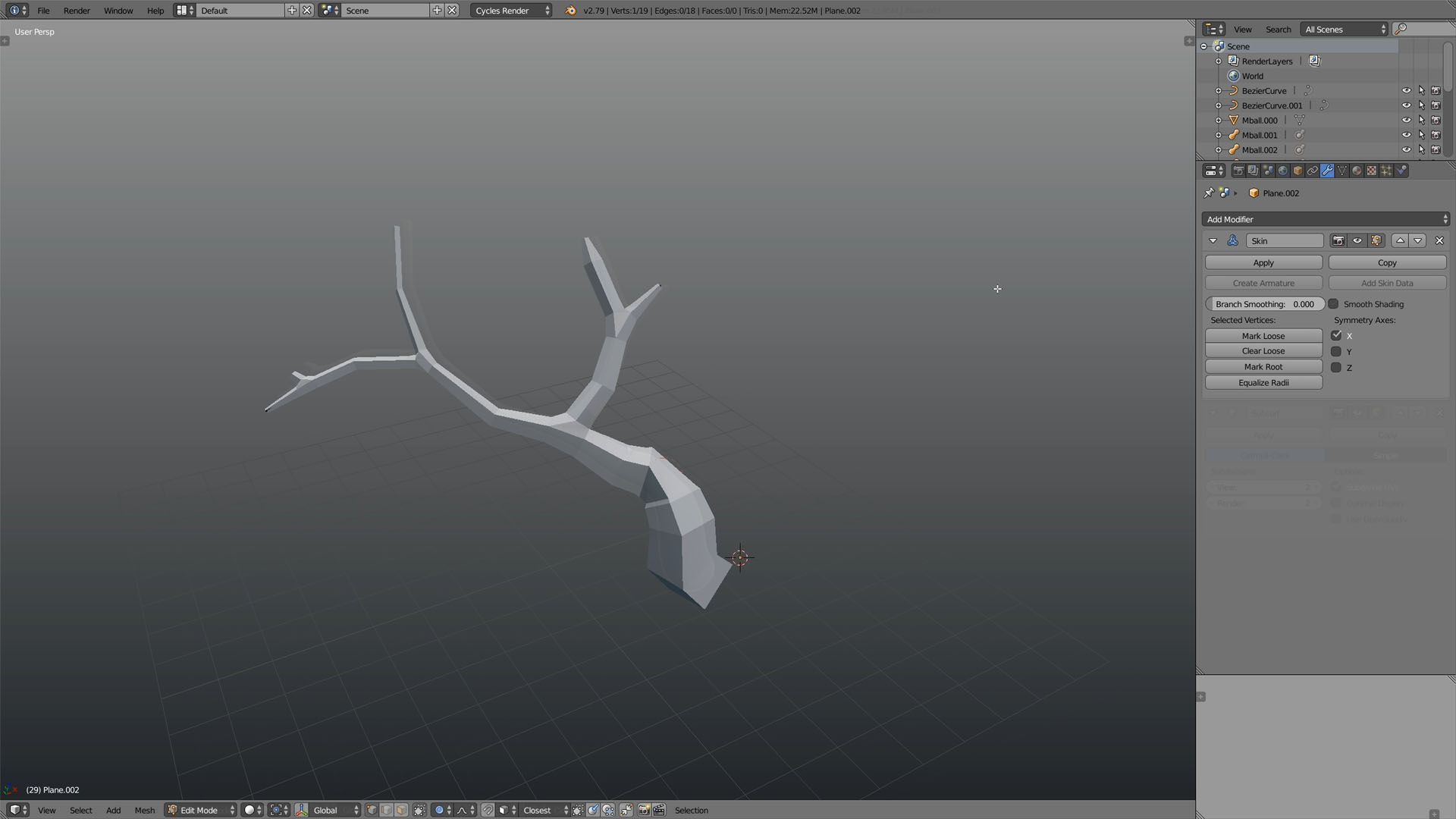
8. NURBS
Non-Uniform Rational Basis Splines (or NURBS) is a mathematical model for representing 3D shapes. Unlike the meshes that are made of vertices, edges and polygons, NURBS are fully parametric and are defined by splines and points.

9. Spline Surfaces
Using splines as the boundary loops of a flowing surface (see the Grid Fill tool for example).

10. Vector Graphics to 3D
This is a hybrid workflow which involves converting 2D vector graphics into 3D splines.

11. Shadowbox
The quirky Zbrush tool is able to create all kinds of primitives based on the projection of shadows toward a central volume.

12. Displacement
Displacing geometry based on 2D texture maps.

13. Kitbash
Kitbashing is a practice of assembling 3D models out of premade kits.

14. Photogrammetry
Synthesizing 3D form based on photos using special software like RealityCapture or PhotoScan.

15a. Particles
Surprise! The interaction of particles, forces and metaballs can produce amazing 3D models.

15b. Particles
Scattering particles over the surface of a distribution object.

16. CAD
Computer-aided design, parametric tools and analytic surfaces.

17. Camera Calibration and Poly Modeling
A cool workflow based on camera calibration tools like BLAM.

18a. Physics Simulation
Simulating cloth, rigidbody or softbody physics then collapsing it to a 3D mesh.

18b. Physics Simulation
Breaking an object into volumetric pieces, applying the rigidbody physics and baking the result.

18c. Physics Simulation
Fluid simulation is a cool way of modeling the fluid surfaces, right?
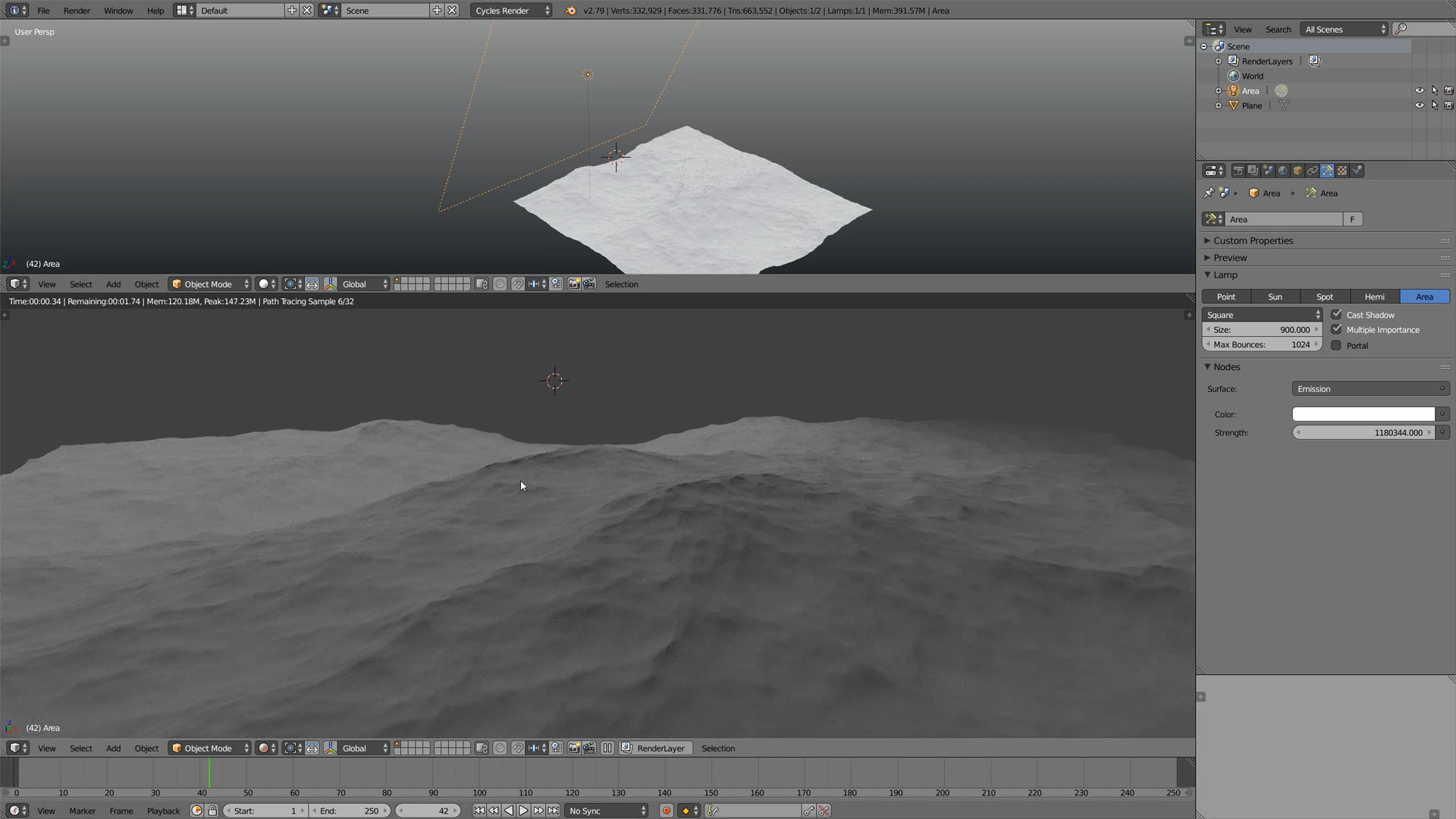
19. Math Functions
Pretty much every object in the universe (even a donut) can be described using the language of math. If you want to give it a shot in Blender, activate the ADD Mesh: Extra Objects add-on.

20. Parametric Modeling
Parametric modeling means that instead of creating your 3D model by hand you define a set of parameters. Imagine creating a tree by defining its height, age, pruning, branching and so on.

21. Generative Modeling
Grammar-based structures are the structures generated from a set of rules.

22. Organic Growth Algorithms
A broad range of parametric tools from the Ivy add-on in Blender that simulates the procedural growth of Ivy to the diffusion reactions and more.

23. Fractals
A fractal is a geometrical figure each part of which has the same statistical character as the whole. Can be generated in apps like Mandelbulber then converted to 3D meshes.

24. Dynamic Paint
The Blender tool that utilizes the canvas-object interaction to drive the displacement or texture effect.

25. Voxels
A voxel is a volumetric cell in 3D grid. You can create and represent 3D surfaces with the help of these three-dimensional units.

26. Marching Cubes
The algorithm that can be used to polygonize scalar fields (like MRI scans).

27. Modeling/Sculpting in VR
Modeling… but in virtual reality.

28. Artificial Intelligence
Converting an input of some kind into a 3D model output. Magic, in other words.

You May Also Like:
If you enjoyed watching this tutorial, chances are you will also like our new 100% Blender video course: Hard-surface Modeling in Blender.
Links and Credits:
nutelZ – Blender MakeBake Vector Displacement Baking (Demo 🙂
aliasketch – Sketchup tutorial house design PART 1
OneMinute VideoTutorials – Blender Turn a 2D photograph into a 3D animation with Blam
SpeedTree Cinema 8: Time-Lapse Modeling
Katarzyna Stangrecka – Structure Synth + javascript
Daddy3322 – Procedural City, take 1
LIVENODING 950 / SV Another Reaction Diffusion Example
deskriptiv GbR – a unified approach to grown structures
deskriptiv GbR – QUADDEL features
Peter Atwood – Rhino NURBS surfaces intro
i.materialise – 3D Design for Beginners – MagicaVoxel Tutorial
Atomontage Inc. – Real-time Volumetric Scene Clipping
Christopher Ing – Brain MRI 3D Reconstruction
Anders Wallin – Octree + Marching Cubes surface rendering
Tested – Professional Sculpting in Virtual Reality with Oculus Medium
Daniela Paredes Fuentes – Gravity Sketch VR Chair sketch
Two Minute Papers – AI Builds 3D Models From Images With a Twist | Two Minute Papers #129
Andrei Samardac – MOI 3D, Modeling Mech [part 1]
Arrimus 3D – MoI 3d – Part 1 – Introduction – Should you learn NURBS modeling?
Edon Guraziu – Moi3D SciFi Prop Timelapse




C Pomaski
The best overview of 3D modeling possibilities I have ever seen! It should be in every career counselor’s library.
C Pomaski
The best overview of 3D modeling possibilities I have ever seen! It should be in every career counselor’s library.
Pingback: 20+ Styles of 3D Modeling in 20 Minutes - 28種の3Dモデリングスタイルを20分で紹介する動画
Josiah Jack
You forgot Loft Modeling: http://learn.archoncad.com/wp-content/uploads/2014/11/image_20_002.png
Also, CAD is more specifically the additive or subtractive extrusion of sketched 2D shapes (number 5. above) plus Loft, Revolve (7b.), Sweep (7a. or 7d), and Boolean (3.).
Also…where is box modeling.
Extrusion of Primitives could be argued as another technique.
Kitbashing primitives is another.
Josiah Jack
You forgot Loft Modeling: http://learn.archoncad.com/wp-content/uploads/2014/11/image_20_002.png
Also, CAD is more specifically the additive or subtractive extrusion of sketched 2D shapes (number 5. above) plus Loft, Revolve (7b.), Sweep (7a. or 7d), and Boolean (3.).
Also…where is box modeling.
Extrusion of Primitives could be argued as another technique.
Kitbashing primitives is another.
Pingback: Pipeline Adventures Part 2: Making cubes out of triangles – The Blog of a Bad Artist
Pingback: 3D Visual Styles – Autocad Space